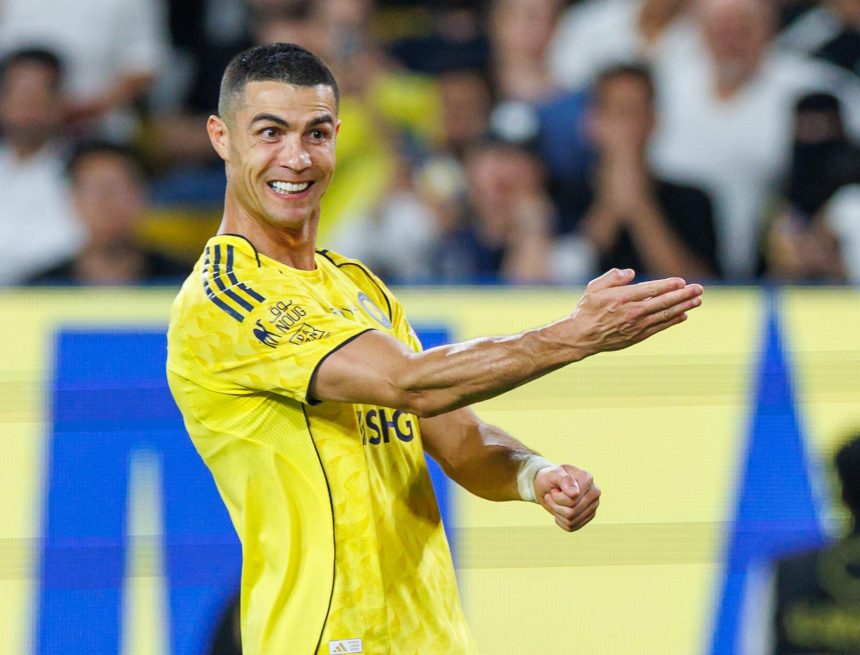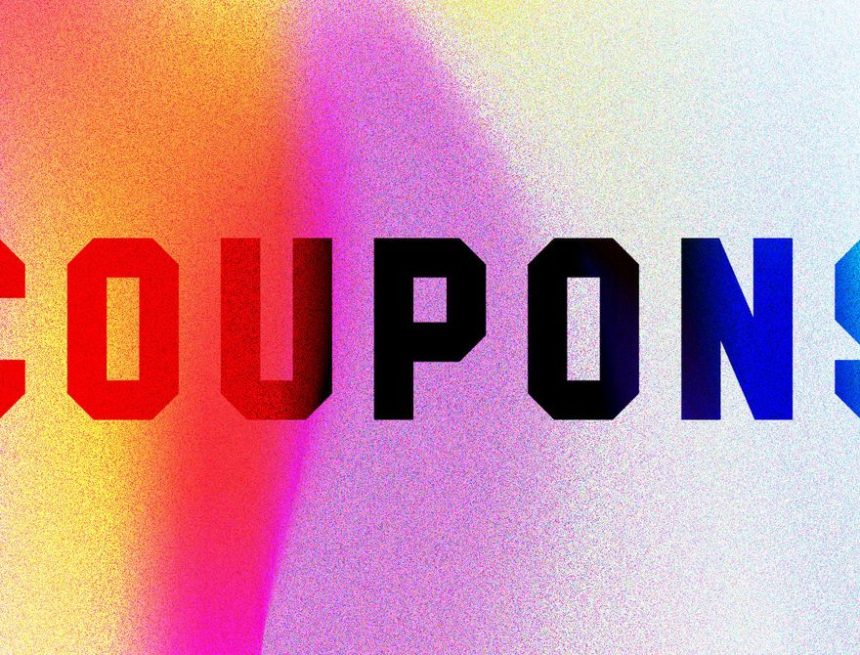So much about the past two years has been horrific, but let me tell you how it began for me. On the morning of 7 October 2023, I was sitting on a train with my son and husband on our much anticipated way to pick up a new puppy. Life seemed predictable enough.
I open my phone and see that something is happening on the Gaza-Israel border. I call my mum as usual, waiting to hear her cheery, relaxed voice telling me that she is in the safe room with Dad, telling me there is nothing to worry about. She doesn’t answer. Neither does my dad. I look again at the news feed. I call my brother and he answers. His voice is so different, altered, that I know already, before he tells me, that the worst has happened. “Terrorists broke into the kibbutz,” he says. “Dad said in his last call that he can hear Arabic. Soon after that, we lost him.”
I have seen so many people on the news whose life was upended. Their eyes letting you know they have not yet understood what they have lost. Now it is me, us. The flood is in full motion, and the debris has yet to settle. Maybe everything will be OK in a moment, maybe the damage can be contained.
My son is looking at me above his laptop. I move to a different seat so I can call people. By the time we arrive in York I will see the brutal execution of my childhood carer Bracha Levinson, now almost 80 years old, as it was livestreamed on her Facebook page by the terrorists who seized her house. Then I see the reporter Muthana Al-Najjar covering the Hamas takeover of Nir Oz (I still cannot believe that a journalist was attached to the terrorists, his coverage then legitimised, quoted and shown by major media outlets), standing 100 metres from my parents’ home saying “we were able to enter a kibbutz; the most important kibbutz of the occupation”. I recognise the turn in the road and the lamp-post. Around him are armed terrorists. There is the sound of fire; on the screen, the mood is of ecstasy.
I remember thinking: “Not one of our loved ones will survive.” At some point I saw the footage from the terrorists’ camera showing fire bursting from the windows of our home. Even so, days later I will still not believe that the house was burned down. Not until my brothers send me images and footage.
By the time we reached York, I called the dog breeder to say I would not be coming for the puppy. I said: “A war has started. My parents are probably dead. My community has been taken over by terrorists.”
I remember sitting on the train home, trying to contact people and find out where my friends and family were, while also trying to moderate what my son was seeing and being told. The images of that day were beyond anything any of us could have imagined. Our neighbour’s 12-year-old son, Erez, being taken by several terrorists; my maths teacher, Margalit Moses, driven on a golf cart in the direction of Gaza.
People were sending Telegram videos that seemed impossible. One of my mother’s friends, 86-year-old Yaffa Adar, being taken to Gaza, also on a golf cart. A video – also taken by Al-Najjar – of my friend’s daughter Shiri Bibas and her two little sons, with whom I had played a couple of months previously, being rounded up by several armed terrorists, the fear in her eyes paralysing. I think those images were designed to break and terrorise those of us who were not there.
It seemed to take for ever for the Israeli army to arrive. Then began the agonising wait for information. Later in the afternoon there came a single image of a group of survivors. My mother and father were not in it. A message came from my sister-in-law: they could not find my parents.
For days and weeks afterward, as members of the community I grew up in helped forensic teams collect and identify the bodies, we scoured the internet for traces of our loved ones. We saw torture and mutilation; we saw the horrified faces of those we loved. We never found any footage of my father; we have no visual clue to what he thought, felt, experienced.
Over the following days, the picture slowly became clearer. My elderly parents, Yocheved and Oded Lifschitz, were taken hostage from their home in Kibbutz Nir Oz with 74 other members of our community. My father was 83, my mother 85. In the chaos and terror of that day, one in four members of our small community was murdered or abducted. Seventeen days later, my mother emerged from Hamas captivity. Before being taken away by the Red Cross, she turned back and shook the hand of her captor. “Shalom,” she said. The image was broadcast around the world: a simple, human gesture in the midst of unimaginable horror. Five hundred and two days later, my father’s remains were returned. He was killed in Khan Younis, Gaza, just two miles from our home.
These events and their mediation through the footage taken by the Hamas terrorists that day terrorise me and have inflicted a deep wound. All that has taken place in the two years since, our desperate campaign to save our hostages, my father’s horrific end, the war, the devastation of Gaza, has compounded it. Both my parents were peace activists all their lives. My mum still is, as are most of my family. We know that hate and revenge cannot bring even a momentary relief from the pain.
I am writing this through my tears. As time passes, talking about the events become harder, not easier. The children of my friends are still held hostage and the weight of what followed is heavy. To myself I call dwelling in what happened “swimming in the trauma”. We are used to telling the story in order to campaign for the release of the hostages, mourning is a privilege we cannot afford, and two years on, our campaign continues.
Not one word of this is written as justification for the war between the Israel Defense Forces and Hamas. I have been consistently against it from the beginning. The people of Gaza have suffered beyond imagination. I am horrified by the decisions of the Israeli government, but I am also insistent that Hamas is not some benign agent of resistance. Because I know what they did that day. Hamas betrayed its own people – they ensured the suffering of them along with the suffering of us, who lost so much because of its murderous ideology.
after newsletter promotion
To share the story of my personal experience with people who continue to defend or justify the actions of Hamas feels to me like betraying my dead. My UK community is facing unprecedented antisemitism, and my community in Israel has fought its government for two years and has been betrayed again and again. Across the fields from my destroyed kibbutz, the devastation in Gaza is visible and visceral. It horrifies me. At the same time, the moral carte blanche so many former friends and colleagues seem to afford Hamas and Islamic Jihad makes me despair.
Yet, I am humbled and encouraged by the faith in humanity I still see in freed hostages like my mum, and in my friend Galit Dan, whose daughter Noya and mother Carmela were brutally murdered holding each other. I cherish new and old friendships across the divide with Palestinians who, like me, want a long-term agreement. They are able to show empathy towards me in a way many British self-proclaimed friends of the Palestinians cannot. For too many of the latter, it seems a zero-sum game in which one side should win and the other must lose. For us, the wish is for a better future for Israelis and Palestinians .
In the past two years, hate seems to be in fashion. I hear death chants at Glastonbury and see posters saying “destroy Israel” at San Fermín. From Hamas to the Israeli settlements in the West Bank, people are shouting, “May your village burn.” And I think: my village did burn. Are these chants the best we can wish for one another?
Then there is my mother’s handshake, that moment of impossible grace, that instinct for making peace that has touched so many. There are many of us that long to build bridges. It takes two to make peace, my mum reminds me time and again. We made peace with the Germans, she adds and we will make peace with the Palestinians. Sometimes I find it hard to believe her. The algorithm is so set on rewarding our craving for hate. Compassion seems slippery in comparison.
Today marks two years since that day. Sixty-four members of my kibbutz were murdered then or afterwards, in captivity. Forty-eight hostages remain in a devastated Gaza. We are told there may soon be a deal. I cannot bring myself to imagine it. Too many times we have been told it was about to happen, only for hope to dissolve again. May we find in ourselves the strength to end this war for all our sakes.
-
Sharone Lifschitz is a London based film-maker and academic, originally from Kibbutz Nir Oz, whose parents were taken hostage on 7 October


